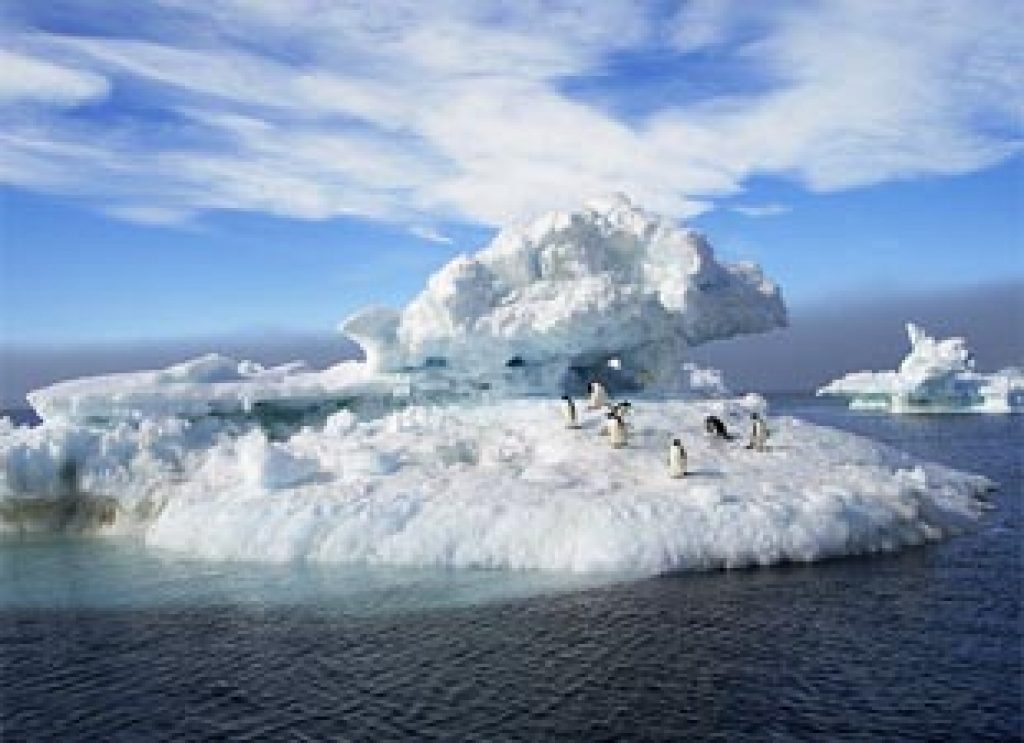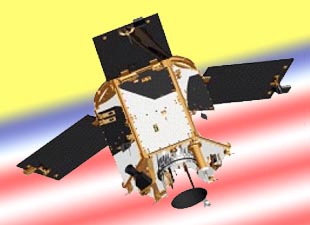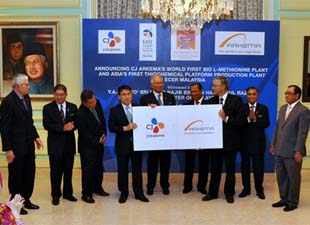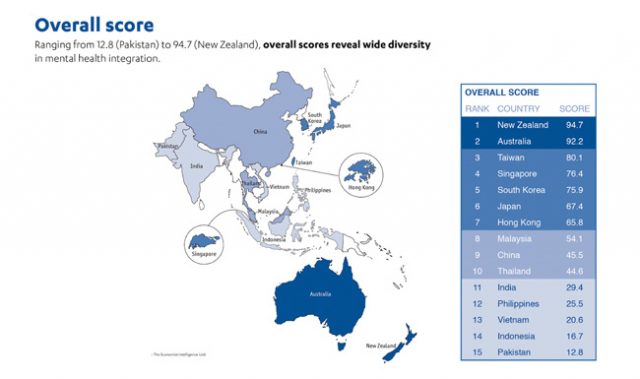
AsianScientist (Aug. 29, 2011) – The Malaysian Cabinet has decided to accede to the 1959 Antarctic Treaty, a move which is expected to boost the country’s current scientific research efforts on the continent to a whole new level.
Consequentially, Malaysia will also accede to the Protocol on Environmental Protection to the Antarctic Treaty, Madrid, 1991 or the Madrid Protocol.
By acceding to the Treaty, Malaysia will now be able to conduct its own scientific expedition to Antarctica, instead of the current practice of sending its researchers to join other countries’ expedition.
Malaysia will also be able to establish its own research base in the continent, and all findings made by its researchers in Antarctica can be patented.
Since 1997, 62 scientific expeditions involving 60 Malaysian researchers have been conducted, when New Zealand opened its Scott Base to Malaysian scientists.
These include 24 research studies in biological and physical sciences currently ongoing under the supervision of the Malaysian Antarctic Research Program (MARP), a task force set up by MOSTI for research in Antarctica.
Malaysia will join the Antarctic Treaty as a non-consultative party, with the view of becoming a consultative party in the future, giving the country a part in decision-making during the Antarctic Treaty Consultative Meeting (ATCM).
The legislative process has been started within Malaysia, involving inter-agency representatives of the Ministry of Foreign Affairs Malaysia (MOFA), the Ministry of Science, Technology and Innovation Malaysia (MOSTI), the Ministry of Natural Resources and Environment Malaysia (NRE), and the Attorney-General’s Chambers (AGC).
The Bill is expected to be tabled in Parliament by the end of this year.
The Antarctic Treaty was signed in Washington on December 1, 1959 by 12 countries whose scientists had been active in and around Antarctica during the International Geophysical Year (IGY) of 1957-58. It entered into force in 1961 and has since been acceded to by 48 nations.
The treaty sets aside Antarctica as a scientific preserve, establishes freedom of scientific investigation, and bans military activity on that continent. It also internationalizes and demilitarizes the Antarctic continent, and provides for its cooperative exploration and future use.
In 2002, the Antarctic Treaty Consultative Parties’ (ATCP) invited Malaysia to observe their meetings. In July 2008, Malaysia was accepted as a full member of the Scientific Committee on Antarctic Research (SCAR), established by the International Council for Science (ICSU) to promote research in Antarctica and provide scientific advice to the Antarctic Treaty system.
——
Source: Ministry of Science, Technology and Innovation Malaysia.
Disclaimer: This article does not necessarily reflect the views of AsianScientist or its staff.
#2002 Antarctic Treaty Consultative Parties #Antarctic Treaty Consultative Meeting #International Council for Science #Malaysia #Malaysian Antarctic Research Program #Ministry of Foreign Affairs Malaysia #Ministry of Natural Resources and Environment Malaysia #Ministry of Science Technology and Innovation Malaysia #MOSTI #New Zealand












